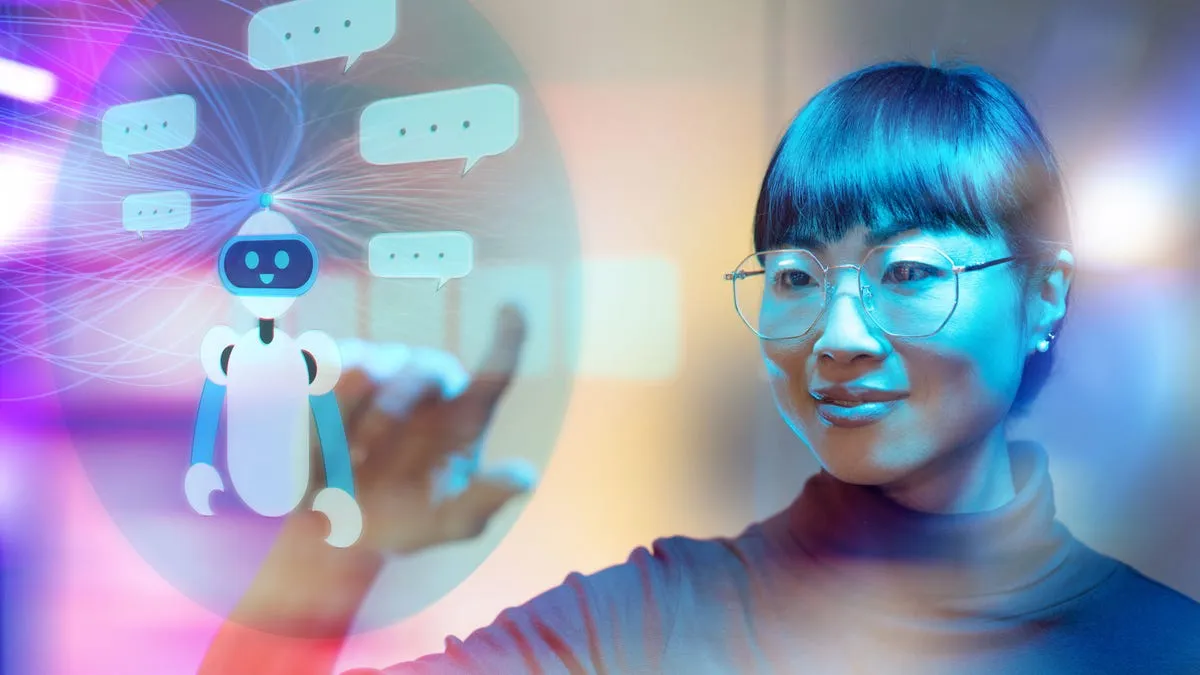
The landscape of work is evolving rapidly due to advancements in artificial intelligence (AI) and outsourcing. This transformation prompts a crucial question for both employers and employees: Which jobs are secure, and which are at risk of automation? According to Andrew Gadomski, a managing director at Aspen Analytics and an expert in AI's application in employment and workplace planning, certain roles, classified as “knowledge work,” are particularly vulnerable to automation, while others remain resilient due to factors like regulatory requirements, societal trust, and physical complexity.
Some professions are largely insulated from AI and automation, primarily because they cannot be fully replicated by machines or because societal norms currently prevent such automation. Marc Cenedella, founder of Ladders, Inc., emphasizes that the jobs least likely to be automated are those that require judgment or taste. Positions that necessitate empathy, judgment, and physical dexterity are expected to remain safe in an increasingly automated world.
Consider public service and emergency response roles. As Gadomski points out, professions like being a Coast Guard rescue swimmer or a firefighter demand quick decision-making, dexterity, and physical exertion—areas where robotics still struggle due to barriers related to cost, trust, and reliability. Cenedella concurs, asserting that tasks such as fixing a sink or building a bus shelter will continue to require human intervention, as the technology to automate these jobs is not yet available.
Even though these roles will incorporate AI to enhance efficiency, the human element remains irreplaceable. For example, firefighters might use vision-enabled helmets that assist in assessing body heat versus flame heat, but the core responsibilities will still need human oversight. Gadomski succinctly states, “AI will augment, not replace” such essential roles.
Jobs that necessitate the imparting of knowledge, encouragement, and wisdom, such as therapists, doctors, coaches, and teachers, are also secure from automation. Cenedella asserts that these roles require a level of empathy and human connection that AI cannot replicate. Even within the surgical field, regulatory and financial factors protect human practitioners. Gadomski notes that while insurance may cover procedures conducted by nurse practitioners and physicians, there remains hesitance regarding robotics in surgeries due to trust and liability concerns.
The legal profession serves as another example of a field where human roles remain essential. While positions like paralegals and legal assistants may experience some automation, attorneys themselves are secure. Gadomski explains that passing the bar and being licensed are requirements that ensure human advocates remain central to the justice system.
Conversely, jobs that involve routine knowledge work—tasks that are highly repetitive and do not require specialized knowledge—face significant risk from automation. Gadomski explains, “If something can get done instantaneously or continuously, and it doesn’t involve physical exertion, those jobs are really under scrutiny.” This includes roles like transcription, scheduling, and other repetitive tasks.
AI advancements such as captioning technology or avatars can diminish the need for live note-takers and sign language interpreters, leading to job reductions in areas where efficiency is prioritized over traditional roles. The recruiting sector is also indicative of this shift. Gadomski suggests that while recruiting jobs won't disappear due to AI, the demand for recruiters may diminish as fewer job openings arise for critical roles, as employees remain in their positions longer, aided by AI.
Some positions won't disappear entirely but will undergo transformation. Georgi Enthoven, a Harvard MBA and USA TODAY best-selling author, notes that “workers who focus their careers on solving real-world problems aren’t competing against AI—they're partnering with it.” For instance, radiology technicians are essential for patient interaction during MRI scans, a task unlikely to be performed by robots. However, AI may reduce the overall number of technicians needed by streamlining diagnostics and enhancing operational efficiency.
Similarly, while truck driving and cargo handling jobs may seem secure, they are only safe until autonomous vehicles demonstrate superior safety compared to human drivers. Gadomski warns that as technology becomes more dependable and cost-effective, these positions may become increasingly endangered.
In summary, AI is not outright replacing all workers; instead, it is redefining who is essential within the workforce. Careers that demand empathy, accountability, and a physical human presence will continue to be protected. For job seekers, the safest career paths are in fields that require human trust, regulation, and dexterity, such as law, healthcare, public safety, and skilled trades. On the other hand, repetitive knowledge tasks lacking these anchors are already in decline.
For employers, strategic planning becomes crucial. As Gadomski advises, companies must start categorizing which roles necessitate a human presence and which can ultimately be supplanted by technology. This decision-making process is time-sensitive, as technology will continue to advance rapidly.
Are you part of an exceptional company? Each year, USA TODAY collaborates with Energage to rank organizations across the United States that excel at fostering a positive work environment for their employees. Employee feedback plays a pivotal role in determining the winners of the USA TODAY Top Workplaces 2025.